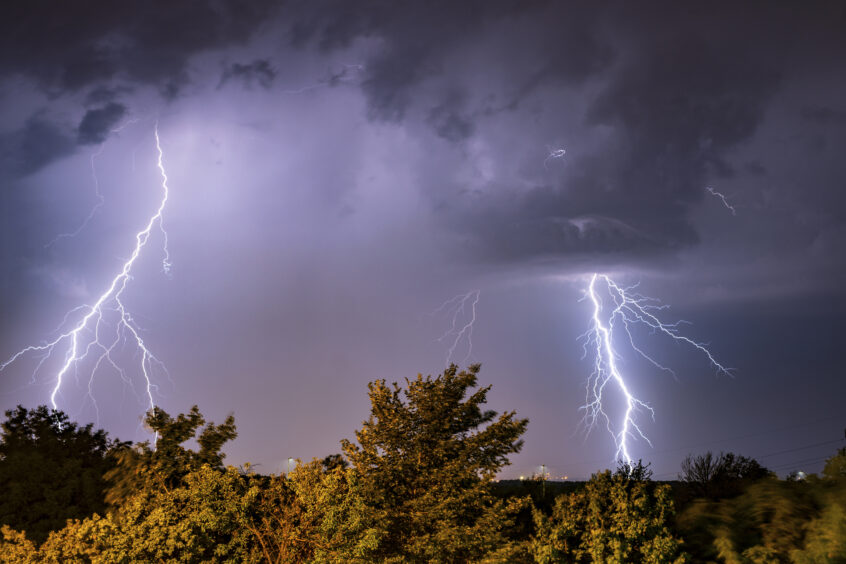During and after a prolonged power failure, the foods you keep in the refrigerator and freezer may become unsafe to eat. Bacteria can build up in perishable foods, which may cause foodborne illness.
FOOD IN YOUR FREEZER:
Chest or upright freezers will normally keep their contents in a frozen state for about 48 hours if the freezer is full, left closed, and additional insulation (i.e. blankets or ice packs) has been applied. Half full freezers will keep items frozen for about 24 hours. Get rid of any hazardous foods that have exceeded 4°C (40° F) for more than 2 hours.
FOOD IN YOUR REFRIGERATOR:
Without power, a refrigerator will keep foods cool for 4-6 hours with the door kept closed. Hazardous foods include raw and cooked meats, poultry, seafood, dairy, and egg products. Get rid of any hazardous foods that have exceeded 4°C (40°F) for more than 2 hours.
CROSS-CONTAMINATION:
Get rid of any food contaminated by moisture or juices from any raw meat, poultry or seafood. Due to the potential for cross-contamination from spoiled foods onto surfaces, refrigerators and freezers must be thoroughly cleaned and sanitized after a power failure. A basic sanitizing solution of bleach and water can be made by mixing 1 teaspoon of bleach with 2 litres of water.
WHEN THE POWER IS RESTORED:
Check all refrigerators and freezers to make sure they have turned back on. Check for signs of contamination such as leaking packages. Check the internal temperature of hazardous foods using a probe thermometer. Re-freezing of previously frozen foods is considered safe, provided that the food temperature has not exceeded 4°C (40°F).
DRINKING WATER:
For people on private water systems, power failures can cause well pumps and treatment systems to stop working. Keep emergency water in the house in case the water system shuts down. Any drinking water that may not be properly treated should be brought to a rolling boil for one minute before consumption.
MEDICATIONS:
If you need information on how to properly store prescription drugs that need to be refrigerated, or safety of prescription drugs that need to be refrigerated after a power failure, call your doctor or pharmacist.
For more information, contact CK Public Health – Healthy Environments at 519.355.1071 ext 2902

